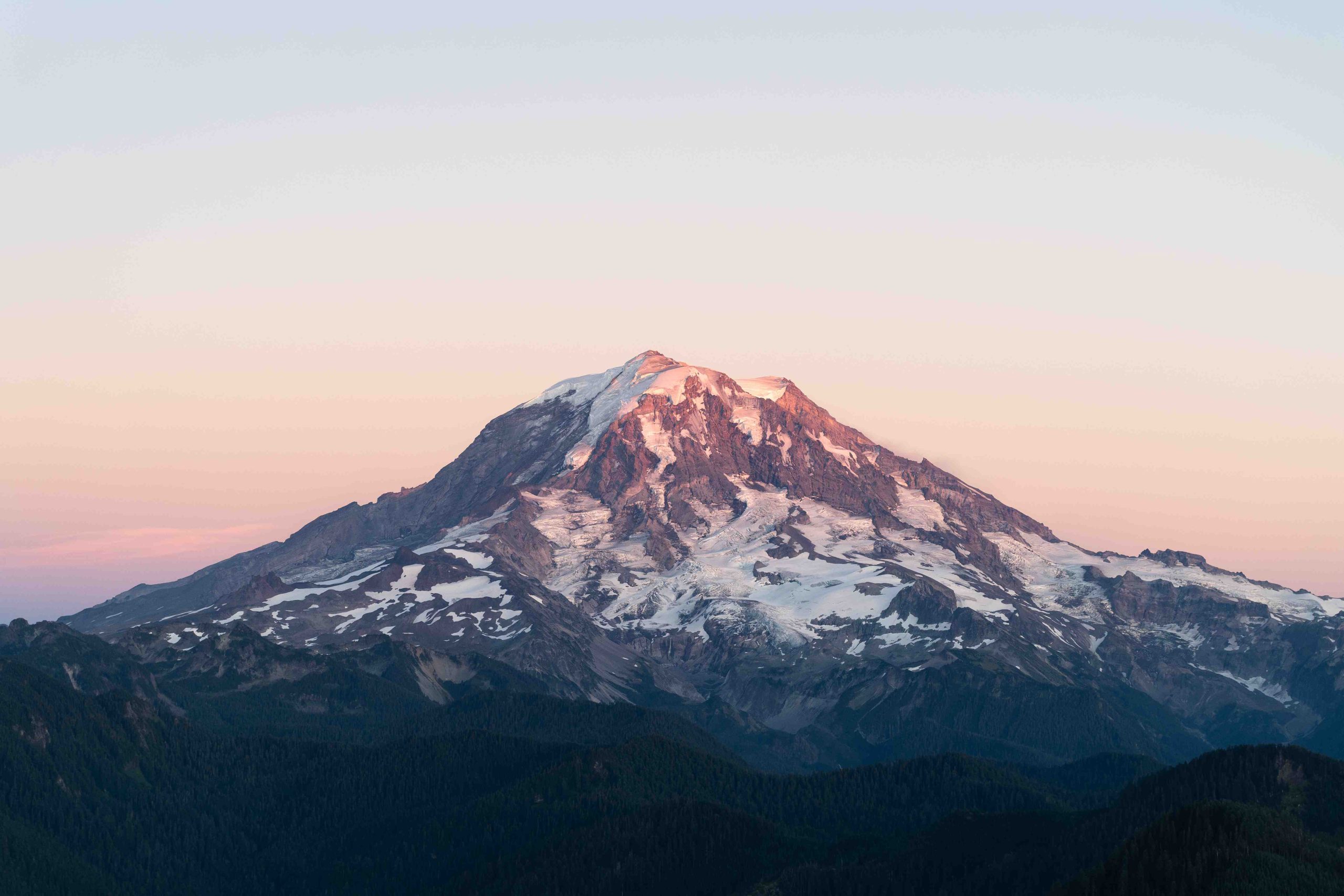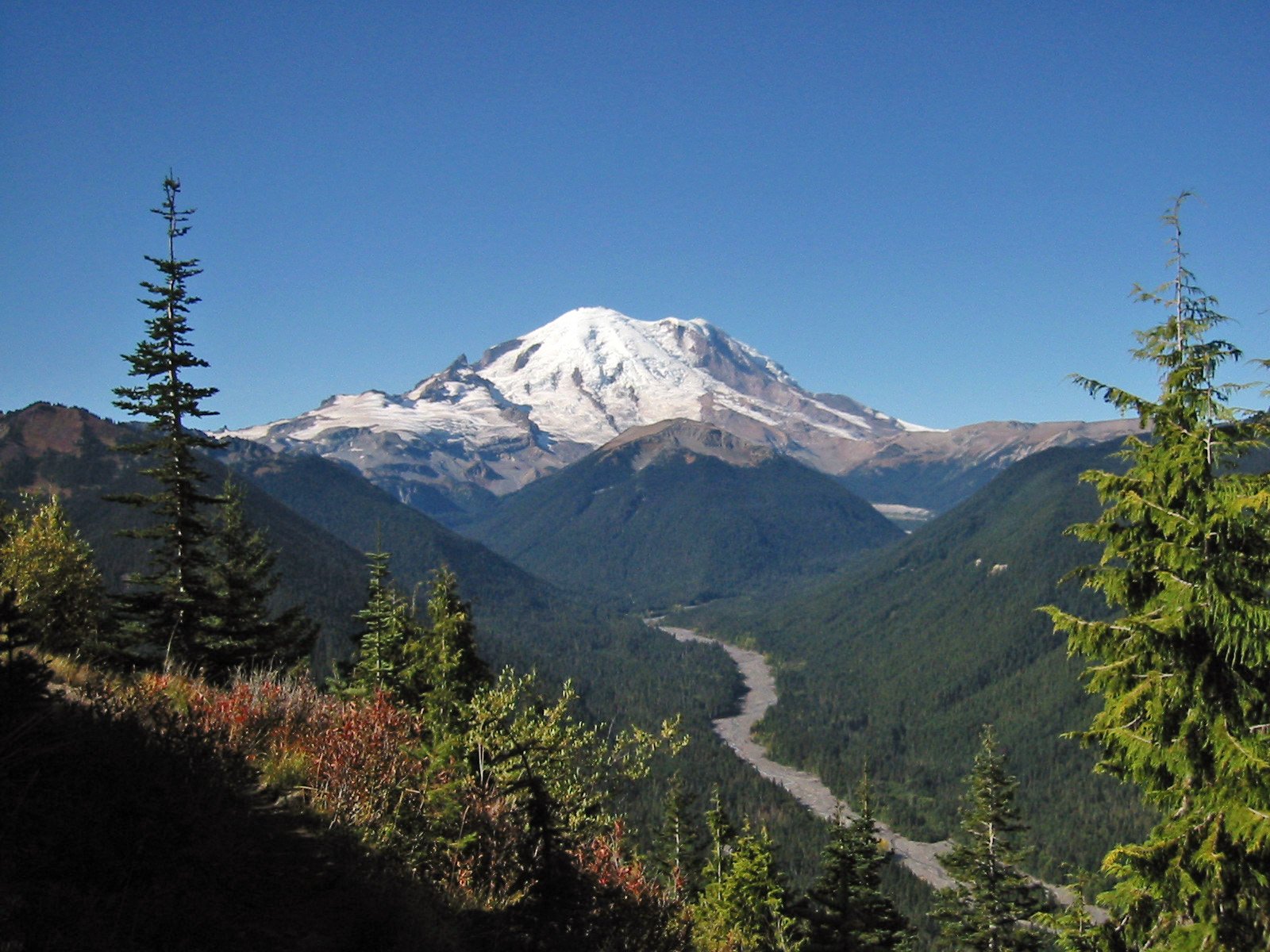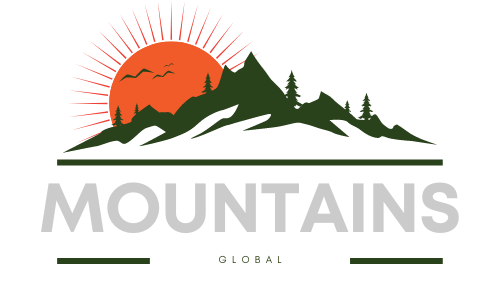Mount Rainier National Park offers a diverse array of ranger-led programs designed to educate and inspire visitors about the park’s natural wonders. These programs include guided hikes, informative talks, and interactive activities for all ages. From Junior Ranger programs for children to challenging wilderness treks for adults, Mount Rainier’s ranger programs provide unique opportunities to explore the park’s geology, wildlife, and ecology under the guidance of knowledgeable experts.
What Types of Ranger Programs Are Available at Mount Rainier?

Mount Rainier National Park offers a variety of ranger-led programs to suit different interests and abilities:
-
Junior Ranger Programs: Designed for children aged 6-11, these programs can be completed by attending a ranger-led activity or finishing the Junior Ranger Activity Book. Available at various visitor centers and campgrounds, participants can earn a certificate, badge, and be sworn in as a Junior Ranger.
-
Guided Hikes: Rangers lead hikes of varying difficulty levels, exploring different areas of the park and discussing topics such as geology, wildlife, and ecology.
-
Informative Talks: These programs cover a range of subjects including park history, mountaineering, and conservation efforts.
-
Campfire Programs: Evening programs at campgrounds provide an opportunity to learn about the park in a relaxed setting.
-
Winter Snowshoe Walks: Offered from late December to March on weekends and holidays, these guided walks introduce visitors to the park’s winter ecology.
When Are Ranger Programs Available Throughout the Year?

The availability of ranger programs at Mount Rainier varies by season:
- Summer Programs (July to September):
- Most programs are offered during this peak season
- Include guided walks, talks, and campfire programs
-
Locations: Paradise, Sunrise, Ohanapecosh, and other areas
-
Winter Programs (Late December to March):
- Primarily snowshoe walks at Paradise
- Offered on weekends and holidays
-
Subject to snow conditions and weather
-
Spring and Fall Programs:
- Limited offerings
- Check with visitor centers for availability
It’s always recommended to call the Longmire Museum at 360-569-6575 for the most up-to-date program information.
What Should Participants Bring to Ranger Programs?
Preparation is key for enjoying Mount Rainier’s ranger programs. Here’s a list of essential items to bring:
- Sturdy hiking boots or shoes
- Weather-appropriate clothing (layers recommended)
- Water and snacks
- Sun protection (hat, sunscreen, sunglasses)
- Insect repellent
- Camera
- Binoculars (optional)
- Field guide or nature journal (optional)
For winter programs, additional items may include:
- Warm, waterproof clothing
- Gloves or mittens
- Warm hat
- Snowshoes (sometimes provided by the park)
How Can Visitors Reserve a Spot in Ranger Programs?
Most ranger programs at Mount Rainier do not require reservations and are offered on a first-come, first-served basis. However, there are some exceptions:
-
Popular Summer Programs: During peak season, some programs may have limited capacity. Arrive early to secure a spot.
-
Winter Snowshoe Walks: These often require sign-up on the day of the program at the Jackson Visitor Center.
-
Special Programs: Occasionally, the park may offer unique programs that require advance registration. Check the park’s official website or contact a visitor center for details.
To ensure participation, visitors should:
- Check the program schedule in advance
- Arrive at the meeting point 10-15 minutes early
- Be prepared with appropriate gear and supplies
What Are the Accessibility Options for Ranger Programs?
Mount Rainier National Park strives to make its ranger programs accessible to all visitors. Here are some accessibility features:
-
Wheelchair-Accessible Programs: Some ranger talks and shorter walks are held in accessible areas.
-
Assistive Listening Devices: Available for certain programs upon request.
-
Sign Language Interpretation: Can be arranged with advance notice (typically two weeks).
-
Service Animals: Allowed on all trails and in park buildings.
-
Accessible Trails: Some trails, like the Paradise Vista Trail, are paved and suitable for wheelchairs and strollers.
Visitors with specific accessibility needs should contact the park in advance to discuss accommodations.
What Safety Precautions Should Participants Take?
Safety is paramount in Mount Rainier’s wilderness environment. Participants in ranger programs should:
-
Stay on designated trails: This protects both visitors and fragile ecosystems.
-
Be aware of wildlife: Keep a safe distance and never feed animals.
-
Prepare for changing weather: Conditions can shift rapidly, especially at higher elevations.
-
Carry the Ten Essentials: Even on short hikes, bring navigation tools, sun protection, insulation, illumination, first-aid supplies, fire starters, repair kit, nutrition, hydration, and emergency shelter.
-
Inform others of your plans: Let someone know your itinerary, especially for longer hikes.
-
Follow Leave No Trace principles: Help preserve the park for future generations.
How Do Ranger Programs Enhance the Mount Rainier Experience?
Ranger programs significantly enrich visitors’ experiences at Mount Rainier in several ways:
-
Expert Knowledge: Rangers provide in-depth information about the park’s natural and cultural history.
-
Safety Guidance: Learn about current conditions and how to safely explore the park.
-
Interactive Learning: Hands-on activities and demonstrations make learning engaging for all ages.
-
Conservation Awareness: Programs often highlight the importance of preserving national parks and ecosystems.
-
Unique Perspectives: Rangers share personal experiences and lesser-known facts about the park.
-
Community Building: Group activities allow visitors to connect with fellow nature enthusiasts.
What Are Some Memorable Ranger-Led Experiences at Mount Rainier?
While all ranger programs offer valuable experiences, some stand out as particularly memorable:
-
Sunrise Nature Walk: A guided hike at Sunrise, offering breathtaking views and insights into alpine ecology.
-
Paradise Meadow Exploration: Learn about the diverse wildflowers and their adaptations to the harsh mountain environment.
-
Nisqually Glacier View Trail: Understand glacial dynamics and climate change impacts on the mountain.
-
Evening Astronomy Programs: Stargazing sessions that reveal the wonders of the night sky away from city lights.
-
Winter Ecology Snowshoe Walk: Experience the park’s transformation in winter and learn about animal adaptations.
These experiences combine natural beauty with educational content, creating lasting memories for park visitors.
How Can Visitors Maximize Their Learning from Ranger Programs?
To get the most out of Mount Rainier’s ranger programs:
-
Ask Questions: Rangers welcome curiosity and are happy to provide detailed answers.
-
Take Notes: Bring a small notebook to jot down interesting facts or observations.
-
Participate Actively: Engage in discussions and hands-on activities when offered.
-
Follow Up: Use the knowledge gained to explore the park further on your own.
-
Share Your Experience: Discuss what you’ve learned with friends and family, spreading awareness about the park’s wonders.
By actively engaging with ranger programs, visitors can deepen their understanding and appreciation of Mount Rainier’s unique ecosystem and cultural significance.
Mount Rainier’s ranger programs offer an unparalleled opportunity to explore one of America’s most iconic national parks. Whether you’re a first-time visitor or a seasoned hiker, these expert-led experiences provide valuable insights, safety information, and a deeper connection to the natural world. By participating in these programs, visitors not only enhance their own experience but also contribute to the preservation and appreciation of this magnificent wilderness area for future generations.
